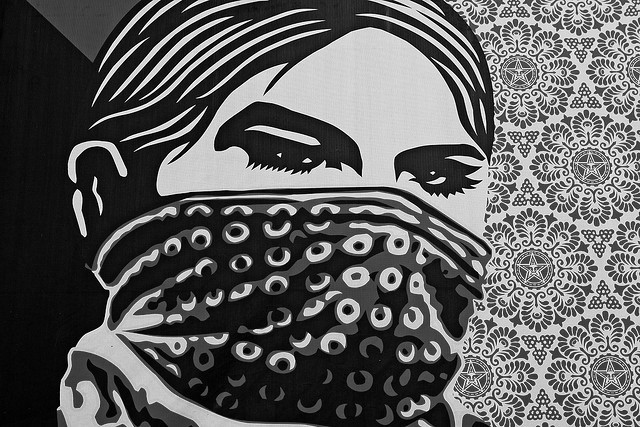Traditional policy is developed largely within the closed policy establishment, between competing ideological agendas, and imposed on others.
The policy establishment comprises a relatively small circle of politicians, senior civil servants, mainstream media commentators, think tanks, business and lobby groups. These individuals are largely drawn from a small group of elite universities.
This produces policy that is poorly evidenced, badly designed and difficult to implement. This policy rarely reflects the lived experience of ordinary people, especially marginalised groups.
Guerilla policy is unauthorised. It is policy developed outside of the times, places and means sanctioned by the policy establishment.
Guerilla policy is developed openly, collaboratively and consensually by the people affected.
In guerilla policy, experience and expertise are valued above the elegance of an argument.
Guerilla policy is non-partisan and non-ideological. People matter more than theories.
Guerilla policymakers have fewer resources than the policy establishment, with two exceptions – they have much greater experience and understanding of the issues they engage with, and there are many more of them.
Guerilla policy can be done by anyone. Developing good policy requires only a combination of experience and enquiry, logic and common sense, confidence and humility.
There are no set forms, methods or terminologies. Guerilla policy is often irregular and informal. Guerilla policymakers do not know the answer in advance.
Guerilla policymakers do not aim to be experts on other people’s lives – and no-one can be an expert on society. Authenticity matters more than authorship.
There are no excuses to exclude relevant experience, no matter how uncomfortable it is to hear from.
Guerilla policymaking is always a call to action for others to get involved.
Policy needs to be widely accepted to be effective. No-one wins the ‘competition of ideas’.
Guerilla policy doesn’t rely on institutions. The larger the institution, the more that authenticity is in danger of being compromised.
Guerilla policy is not dependent on current or future sponsors. Guerilla policymakers only accept support that they would be happy never to receive again.
Guerilla policy is about developing policy that improves people’s lives – especially to enable people to exercise power over their own lives.
The purpose of policy is not to justify inequality.
What already exists could be good enough, and worth defending against worse alternatives.
Guerilla policymakers respect the ultimate responsibility of government and parliamentary institutions to determine policy.
Let us know your thoughts. Post a comment, or email: [email protected]

Comments
No responses to “Manifesto”